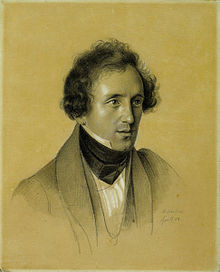
Johann Ludwig Bach was a German composer and violinist.
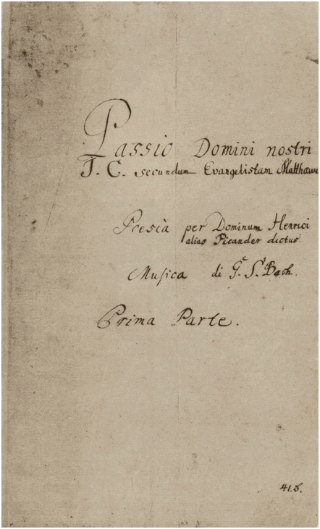
The St Matthew Passion, BWV 244, is a Passion, a sacred oratorio written by Johann Sebastian Bach in 1727 for solo voices, double choir and double orchestra, with libretto by Picander. It sets the 26th and 27th chapters of the Gospel of Matthew to music, with interspersed chorales and arias. It is widely regarded as one of the greatest masterpieces of Baroque sacred music. The original Latin title Passio Domini nostri J.C. secundum Evangelistam Matthæum translates to "The Passion of our Lord J[esus] C[hrist] according to the Evangelist Matthew".
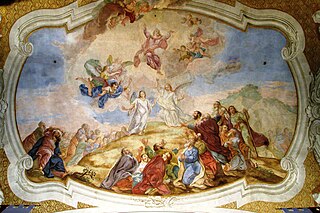
Lobet Gott in seinen Reichen, BWV 11, known as the Ascension Oratorio, is an oratorio by Johann Sebastian Bach, marked by him as Oratorium In Festo Ascensionis Xsti, composed for the service for Ascension and probably first performed on 15 May 1738.

Herr Gott, dich loben wir, BWV 16, is a church cantata for New Year's Day by Johann Sebastian Bach. It was first performed on 1 January 1726 in Leipzig, as part of the composer's third cantata cycle. Its libretto is by Georg Christian Lehms, opening with the beginning of "Herr Gott, dich loben wir", Luther's German Te Deum. The cantata's text was completed with a stanza from Paul Eber's "Helft mir Gotts Güte preisen" for the closing chorale.

Gott fähret auf mit Jauchzen, BWV 43, is a church cantata by Johann Sebastian Bach. He composed it in Leipzig for the Feast of the Ascension and first performed it on 30 May 1726. It begins with a quotation from Psalm 47.
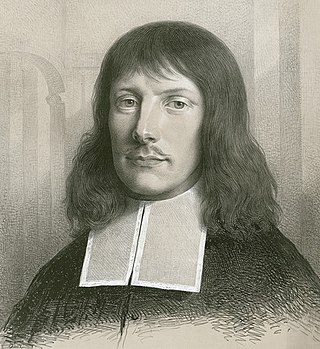
Herr Gott, Beherrscher aller Dinge, BWV 120.2, is a wedding cantata by Johann Sebastian Bach. He composed and first performed it in Leipzig, most likely in 1729.
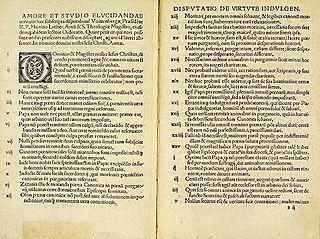
Johann Sebastian Bach composed the church cantata Gott der Herr ist Sonn und Schild, BWV 79, in Leipzig in 1725, his third year as Thomaskantor, for Reformation Day and led the first performance on 31 October 1725.

Johann Sebastian Bach composed the church cantata Wer nur den lieben Gott läßt walten, BWV 93 in Leipzig for the fifth Sunday after Trinity and first performed it on 9 July 1724. He based the chorale cantata on the hymn of the same title by Georg Neumark (1657). It is part of his chorale cantata cycle.

Lobe den Herrn, meine Seele, BWV 69, also BWV 69.2, is a cantata by Johann Sebastian Bach.
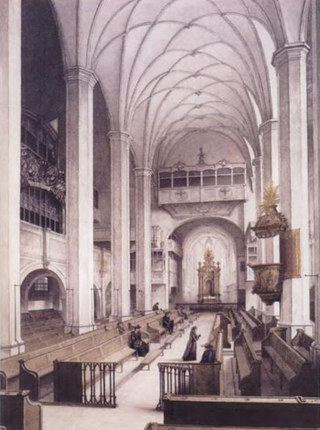
Johann Sebastian Bach composed the church cantata Ich elender Mensch, wer wird mich erlösen, BWV 48, in Leipzig for the 19th Sunday after Trinity and first performed it on 3 October 1723.

Singet dem Herrn ein neues Lied, BWV 90.2, BWV 190a, is a cantata by Johann Sebastian Bach. The work was written in 1730 in commemoration of the Augsburg Confession.

Jesus Christus ist um unsrer Missetat willen verwundet is a St Mark Passion which originated in the early 18th century and is most often attributed to Reinhard Keiser. It may also have been composed by his father Gottfried or by Friedrich Nicolaus Bruhns. Johann Sebastian Bach produced three performance versions of the Passion, the last of which is a pasticcio with arias from George Frideric Handel's Brockes Passion. There are two other extant 18th-century versions of the Passion, both of them independent of Bach's versions. The Passion was performed in at least three cities in the first half of the 18th century: in Hamburg in 1707 and 1711, in Weimar around 1712, and in Leipzig in 1726 and around 1747.
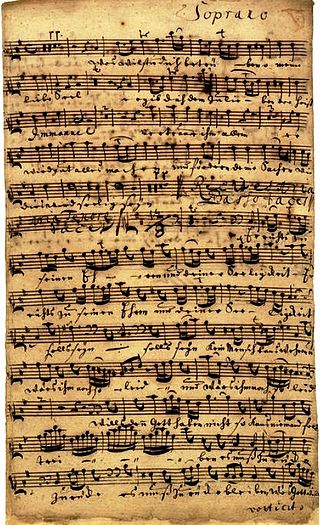
Johann Sebastian Bach composed the church cantata Was willst du dich betrüben, BWV 107 in Leipzig for the seventh Sunday after Trinity and first performed on 23 July 1724. The chorale cantata is based on the words of Johann Heermann's hymn in seven stanzas "Was willst du dich betrüben" (1630).

Johann Sebastian Bach composed the church cantata Nimm von uns, Herr, du treuer Gott, BWV 101 in Leipzig for the tenth Sunday after Trinity and first performed it on 13 August 1724. The chorale cantata is based on the hymn by Martin Moller (1584).

Johann Sebastian Bach composed the church cantata Herr Jesu Christ, du höchstes Gut, BWV 113 in Leipzig for the eleventh Sunday after Trinity and first performed it on 20 August 1724. The chorale cantata is based on the hymn "Herr Jesu Christ, du höchstes Gut" by Bartholomäus Ringwaldt (1588).

Was mein Gott will, das g'scheh allzeit, BWV 111, is a cantata by Johann Sebastian Bach for use in a Lutheran service. He composed the chorale cantata in Leipzig in 1725 for the third Sunday after Epiphany and first performed it on 21 January 1725, as part of his chorale cantata cycle. It is based on the hymn by Albert, Duke of Prussia, published in 1554, on the topic of the Christian's acceptance of God's will.
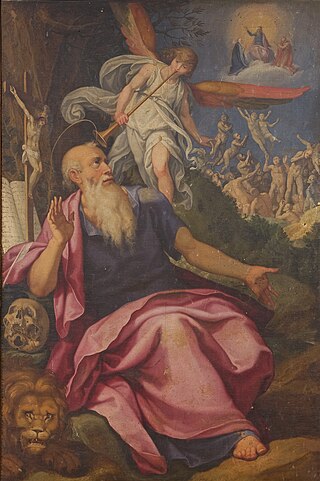
Herr Jesu Christ, wahr' Mensch und Gott, BWV 127, is a cantata by Johann Sebastian Bach for use in a Lutheran service. He composed the chorale cantata in 1725 in Leipzig for the Sunday Estomihi, the Sunday before Lent. It is based on Paul Eber's 1582 hymn in eight stanzas "Herr Jesu Christ, wahr Mensch und Gott". Bach first performed it on 11 February 1725.

Wo Gott der Herr nicht bei uns hält, BWV 178 is a church cantata by Johann Sebastian Bach. He composed it in Leipzig for the eighth Sunday after Trinity and first performed it on 30 July 1724. It is a chorale cantata from his second annual cycle, based on the hymn "Wo Gott der Herr nicht bei uns hält" (1524) by Justus Jonas, a paraphrase of Psalm 124.

Herr Gott, dich loben alle wir, BWV 130, is a chorale cantata by Johann Sebastian Bach for the Feast of archangel Michael. The oldest known version of the cantata (BWV 130.1) was performed on that feast day in 1724 during Bach's second year in Leipzig. The cantata is scored for SATB soloists and choir, three trumpets, timpani, traverso, three oboes, strings and continuo.
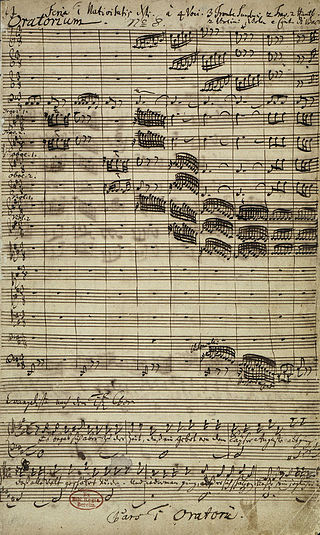
Jauchzet, frohlocket! Auf, preiset die Tage, BWV 248I, is a 1734 Christmas cantata by Johann Sebastian Bach that serves as the first part of his Christmas Oratorio. Bach was then Thomaskantor, responsible for church music at four churches in Leipzig, a position he had assumed in 1723. For the oratorio, the libretto by an unknown author followed the nativity of Jesus from the Gospel of Luke, interspersed with reflecting texts for recitatives and arias, and stanzas from Lutheran hymns.
